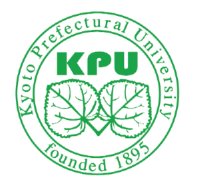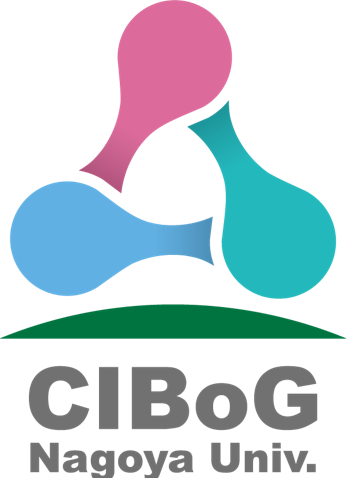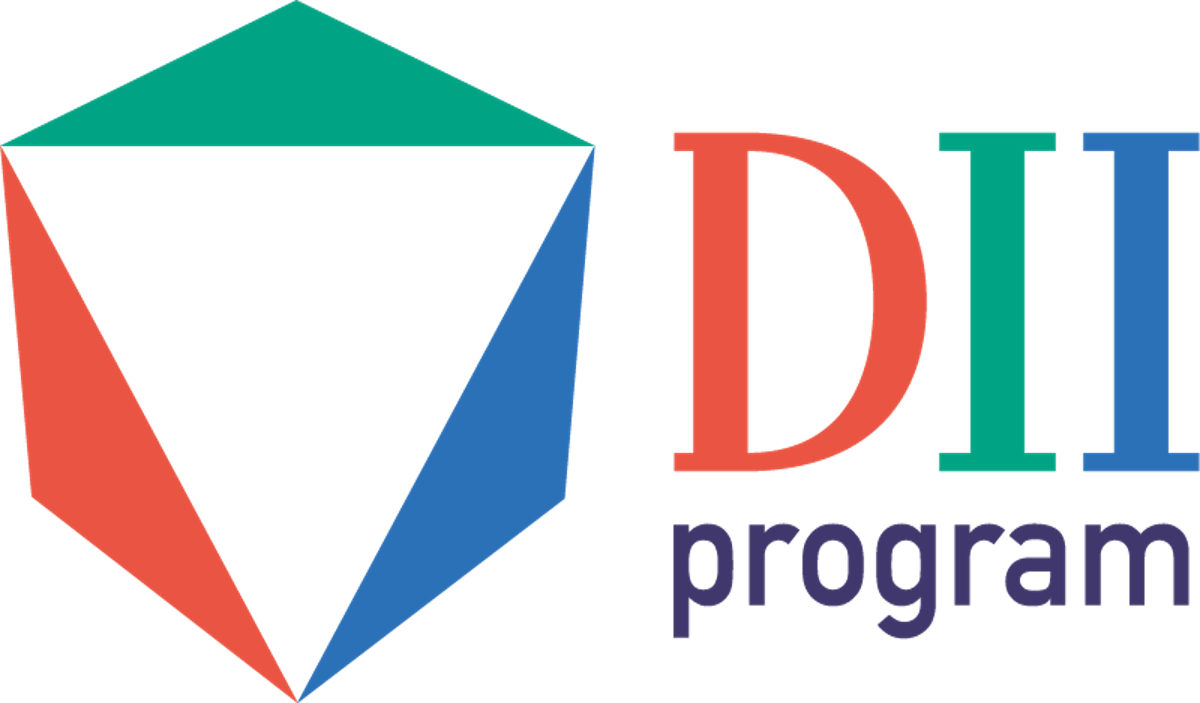Japan-U.S. Research Collaboration Symposium
Innovating out of COVID-19 – human centered data integration for a resilient society
In Person
Online Via Zoom
USA
Wednesday, November 9, 20228:00 pm - 11:00 pm PST
Japan
Thursday, November 10, 20221:00 pm - 4:00 pm JST
About the Symposium
Throughout history, there have been multiple examples of innovation during a crisis period, such as the COVID-19 pandemic. In this symposium, top scientists from Japan and the United States will discuss the challenges facing cutting-edge science in addressing this unprecedented crisis as an opportunity for innovation. In addition, the next generation of young scientists will present the results of discussions accumulated in advance regarding the challenges of future society creation and next-generation personalized medicine that Japan and the United States are jointly working on.
Proceedings
After the symposium, you can download the proceedings here.
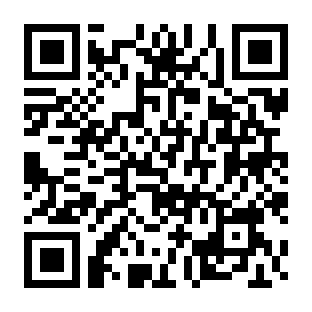
Registration
Hybrid Symposium (Online + In Person)
Free Participation. Prior to the event, the event coordinator will send Zoom access information to the participants individually.
Keynote Speakers

Stanford University
Michael SNYDER, Professor of Genetics, Stanford University School of Medicine
"Managing health using longitudinal big data studies associating multi-omics and wearable data"
The effects of the COVID-19 pandemic are not only severe and mild but may indicate long-term and short-term effects yet to be elucidated. In addition, individual differences in relation to these effects may be influenced not only by genes but also by living environments, e.g., diet, sleep, stress, etc. In this talk, Dr. Snyder will show the results of studies obtained so far in the U.S. and describe his expectations for future comparative studies among countries with different living environments, especially in collaboration with Japan.
Bio: Professor Michael Snyder received his Ph.D. of Chemistry and Biology from California Institute of Technology in 1982. After working as a researcher at Stanford University in 1982 and a lecturer in molecular biology at Yale University in 1986, he became a professor at Stanford University School of Medicine in 2009. He is currently Dean of the Graduate School of Genetics, Stanford University School of Medicine, and Director of the University's Center for Genetics and Personalized Medicine Research.
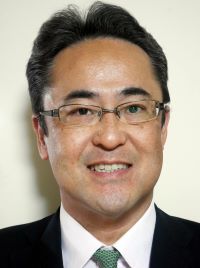
Nagoya University
Naozumi HASHIMOTO, Professor, Department of Respiratory Medicine, Fujita Health University (Former Associate Professor, Nagoya University School of Medicine)
"Feasibility Study of NaSC and expectations for personalized Medicare"
From January to March 2022, a feasibility study of Nagoya-Stanford Cohort Study (NaSC), a Japan-U.S. living environment comparison study with Stanford University, was conducted at Nagoya University with the participation of COVID-19 patients and other volunteers. In this talk, some preliminary findings from this feasibility study, as well as expectations and challenges for cohort studies using wearable devices will be presented.
Bio: Professor Naozumi Hashimoto received his Ph.D. in Internal Medicine from Nagoya University Graduate School of Medicine in 2002. He was a postdoctoral fellow in the Department of Pathology, University of Michigan from 2002 to 2004 and a postdoctoral fellow in the 21st Century Center of Excellence Program, "Integrated Molecular Medicine for Neuronal and Neoplastic Disorders”, Nagoya University Graduate School of Medicine from 2004 to 2007. He was an assistant professor in the Department of Respiratory Medicine, Nagoya University Hospital from 2007 to 2013 and a lecturer in Department of Respiratory Medicine, Nagoya University Hospital from 2013-2018. From 2018 to 2022 he worked as an associate professor in the Department of Respiratory Medicine, Nagoya University Graduate School of Medicine. In September 2022, he became a professor at the Department of Respiratory Medicine, Fujita Health University.
Guest Speaker
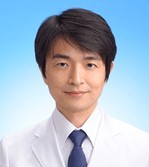
Keio University
Koichi FUKUNAGA, Professor, Keio University School of Medicine
"Joint research coronavirus task force and the expectation for the future developments"
The Joint Research Coronavirus Task Force was initiated in May 2020 by a cross-disciplinary group of leading Japanese scientists to protect the public from the novel coronavirus by elucidating factors that cause severe illness among the Japanese population infected with the virus. More than 6,000 blood specimens (as of July 2022) have been collected, and analysis of these specimens has revealed biomarkers (DOCK2) of severe disease and other factors. In addition to introducing the results obtained from the activities of this task force, expectations and challenges for international joint research with overseas research institutes will be discussed.
Bio: After graduating from Keio University School of Medicine in 1994, Professor Fukunaga studied at Brigham and Women's Hospital, Harvard Medical School in the US for 3 years. He served as Chief of Internal Medicine at Saitama Medical Center (formerly Saitama Social Insurance Central Hospital) from 2007 to 2010. In April 2010, he was appointed as Special Research Assistant in the Division of Pulmonary Medicine, Department of Medicine, Keio University School of Medicine, and became Associate Professor in 2018 and Professor in June 2019 at same university. From August 2018, he also served as the director of the Allergy Center at the Keio University School of Medicine and was appointed Vice Director of Keio University Hospital in September 2021. Currently he serves the head of the Japan COVID-19 Task Force.
Tone-setters
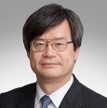
Nagoya University
Hiroshi AMANO, Professor, Nagoya University, 2014 Nobel Laureate in Physics
"Virus inactivation using deep UV light emitting LEDs and its development"
Bio: Professor Hiroshi Amano received his Doctor of Engineering from Nagoya University. From 1988 to 1992, he was a research associate the same university. In 1992, he moved to Meijo University, where he taught from 1998 to 2010. He then moved to Nagoya University, where he has been a professor at the Graduate School of Engineering since 2010. On Oct. 1, 2015, he became the Director of the Center for Integrated Research of Future Electronics, Institute of Materials and Systems for Sustainability at Nagoya University.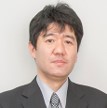
Kyoto Prefectural University
Yasuhiro TSUKAMOTO, President, Kyoto Prefectural University
"Novel antibody science born from the pandemic and its deployment"
Bio: Prof. Yasuhiro Tsukamoto received his degree in Veterinary Medical Science from Osaka Prefectural University. After working as a visiting researcher at the University of Guelph in Canada in 1997 and as an associate professor at Osaka Prefecture University in 2005, he became a professor at the Graduate School of Life and Environmental Sciences at Kyoto Prefectural University in 2008. In 2020, he became the president of Kyoto Prefectural University. In 2008, he established Ostrich Pharma Co., Ltd., a venture from Kyoto Prefectural University, and developed a mask to prevent new influenza using antibodies extracted from ostrich eggs. In 2009, he received the Minister of Education, Culture, Sports, Science and Technology Award for his achievements in the development of materials for protecting against avian influenza using new technology for mass production of antibodies using ostriches. Since then, he has been engaged in various research using ostrich antibodies.Opening Remarks
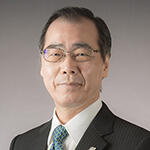
Chancellor of the Tokai National Higher Education and Research System

President, Kyoto Prefectural University
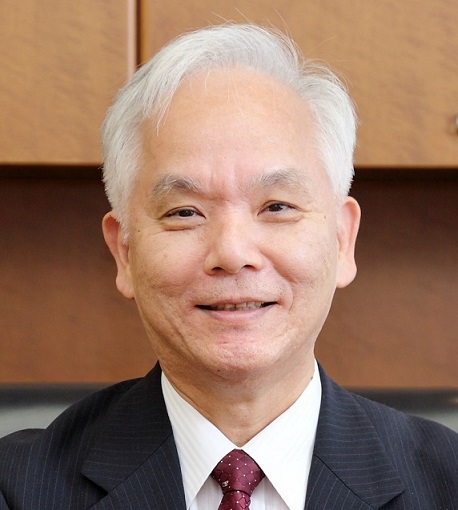
Counselor to the President, Japan Science and Technology Agency (JST)

Professor and Former Chair of Anesthesia Department, Stanford University School of Medicine
Closing Remarks
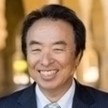
Director, Stanford Laboratory for Drug, Device Development and Regulatory Science (SLDDDRS)
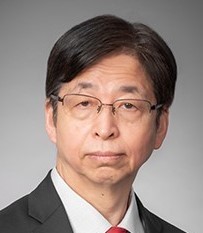
Dean of School of Medicine and the Graduate School of Medicine
Moderator
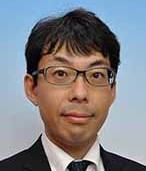
Director, Medical and Healthcare Innovation Unit (MIU)
Professor, Graduate School of Medicine, Nagoya University
[Pre-event] Webinar & Workshop series
JST-Stanford Initiative program - Digital data, innovation and wellness
"Let's envision a Japan-US collaboration project for the COVID-19 pandemic! - International projects to learn about diversity and inclusion"
Prior to the Symposium, we planned 4 webinar & workshop, tutorial sessions and special sessions intended for young scientists with the support of Stanford University, Nagoya University’s CIBoG and DII (Both CIBoG and DII are Doctoral Programs for World-leading Innovative & Smart Education). This project is a part of the JST-Stanford Initiative (*). Qualified young scientists participating from all over the world are divided into the following 6 themes to develop proposals for future international collaboration projects and create specific solution proposals. All groups are mentored by distinguished international experts.
- Digital Twin
- Super Aging
- Web 3.0
- Self Medication
- Disaster & Health
- Wearable & Digital
The results of each group obtained through group discussions will be presented in a pitch talk format at the symposium. We hope that the connections made through this initiative will serve as an opportunity to take the first step toward further international cooperation based on Japan and the United States.
Upon completion of this program, participants will receive a certificate of completion from the organizer.
Tutorial session
9/3/2022
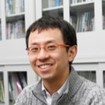
Keisuke KURODA
Nagoya University
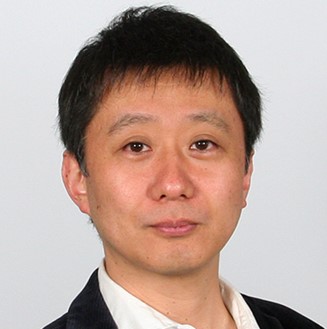
Noriyuki TAOKA
Nagoya University

Toshihiko NISHIMURA
Stanford University
1st Webinar & Workshop
9/17/2022

Ronald G. PEARL
Stanford University
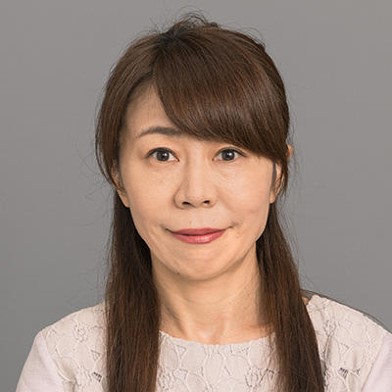
Yasue MITSUKURA
Keio University

Hideaki AKIMOTO
Yazaki Innovations, Inc.
2nd Webinar & Workshop
10/1/2022

Michael SNYDER
Stanford University
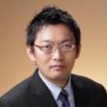
Hiroki KONDO
Nagoya University
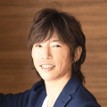
Sorato IJICHI
Creww, Inc.
3rd Webinar & Workshop
10/15/2022

Hiroshi AMANO
Nagoya University
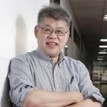
Michel CHU
ITIC
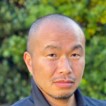
Ray HATOYAMA
Sozo Ventures
Special session: Silicon Valley Entrepreneur Q&A
10/22/2022
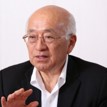
Yoshitaro KUMAGAI
ŌURA
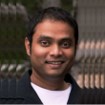
Pavan ONGOAL
MFV Partners

Yasue MITSUKURA
Keio University
4th Webinar & Workshop
10/29/2022

Yasuhiro TSUKAMOTO
Kyoto Prefectural University
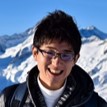
Yusuke MATSUI
Nagoya University
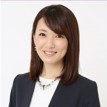
Miho ONIZAWA
incri
Mentors
Each of the six themes was led by a world-renowned expert who served as a mentor to stimulate discussion and inspire new ideas.
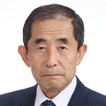
Hitonobu TOMOIKE
Research Professor,
NTT Basic Research Laboratories
"Digital Twin"

Chen-En KO
Emeritus Professor,
National Taiwan University
"Super Ageing"

Pavan ONGOAL
Investor,
MFV Partners
"Disaster & Health"
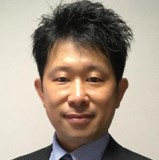
Yasuto YAMAGUCHI
Santen Pharmaceuticals
"Self Medication"
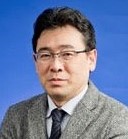
Yohei ICHISHIMA
Managing Editor and New Business Development,
Corporate Strategy Office
Exawizards, Inc.
"Web 3.0"

Yasue MITSUKURA
Professor,
Keio University
"Wearable & Digital"
"What is the JST-Stanford Initiative?"
JST-Stanford Initiative (JSI) was launched in 2021 with the aim of creating a foundation for research exchange between Japan and a group of universities, research institutions, and companies on the West Coast of the United States. JST and Stanford University serve as a hub for this activity.
In December 2021, the JST Department of International Affairs, and the Department of Anesthesiology at Stanford University signed the “memorandum of understanding” regarding research cooperation. Based on the memorandum, the Research Institute for Drug Discovery, and Medical Device Development at Stanford along with the JST Washington, D.C. Office have planned and implemented joint symposiums and study groups several times a year through regular weekly planning sessions. In addition to inviting top scientists from Japan and the United States, we invite the stakeholders of the research and development that these scientists are working on to joint symposiums and research meetings, and through the exchange of opinions, we hope to better understand each other's efforts and build relationships of trust.
Starting with the discussion at the JST-Stanford University Joint Symposium "Practical Innovations against COVID-19" held in February 2021, researchers from Nagoya University, Kyoto Prefectural University, and Stanford University have held weekly discussions on research collaboration from May 2021 on the theme of "Innovation for a Society with Resistance to Infectious Diseases". From January to March of 2022, Nagoya University conducted a Japan-U.S. living environment comparison study to identify factors influencing the severity of infectious diseases. Through the accumulation of such concrete research collaborations, we aim to sustain the generation of communities bound by trust and to serve as a foundation of research highway between Japan and the United States.
This effort includes collaboration with various networks owned by JST and Stanford University. Some of these networks include: Kanagawa Prefecture, Keio University, and Kyoto Prefectural University, with whom Stanford University has ongoing collaborations, and with the National Science Foundation (NSF) and the Global Federation of Competitiveness Councils (GFCC), and other organizations with which JST is affiliated. In the future, we plan to continue to invite organizations that support this activity from universities, research institutes, and companies in Japan and the United States, and to develop the JST-Stanford Initiative.


